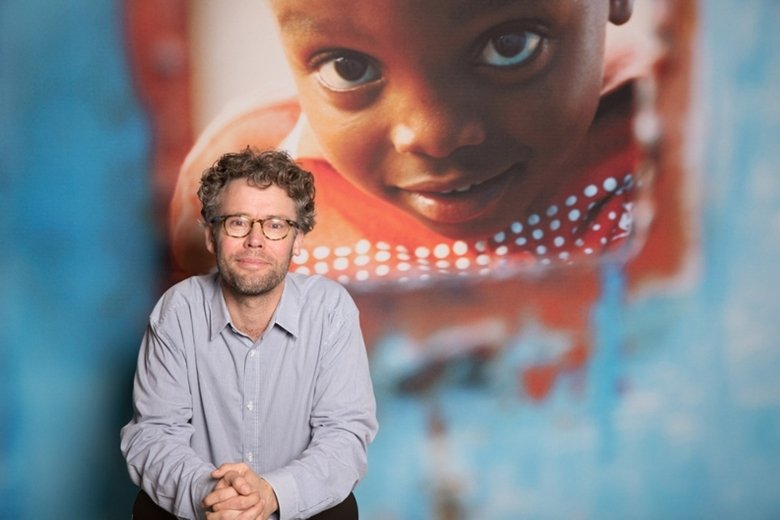Guest lecture with Professor Mark Jordans: Supporting the Mental Health of Children in Fragile Settings

Last week the Department of Global Public Health in cooperation with War Child Sweden and the Swedish Red Cross University College hosted a guest lecture with Professor Mark Jordans. In his presentation, Professor Jordans presented interventions and evidence on how to promote the mental health and well-being of children in settings made fragile by armed conflicts.

Mark Jordans is Professor of Child and Adolescent Global Mental Health at the University of Amsterdam, and Professor, Child and Adolescent Mental Health in Humanitarian Settings, at King’s College London. Additionally, he is the Director of Research & Development for War Child Holland, a non-governmental organisation.
Over 80 million children worldwide face psychological and social problems resulting from war and conflicts. For the vast majority, there is no mental health support available. Professor Jordans’ research focuses on psychosocial and mental health care for children affected by political violence, torture and trafficking. During the guest lecture, he presented a care system of evidence-based interventions to promote children’s mental health and a quality framework with a set of criteria and indicators to monitor the quality of the interventions.
"Millions of children around the world face exposures that can convey dramatic and lasting negative impacts for their mental health and well-being. This is especially true for children growing up in conflicts and crises." says Jill Witney Åhs, one of the organizers.
"We know that children need nutrition, clean water, and education to grow and develop. Children also deserve quality emotional and psychosocial support, to overcome detrimental impacts of violence, and trauma, and neglect, and to build skills like resilience and self-confidence so they can reach their full potential."
As Mark’s research illustrates, effective interventions can be delivered through simple activities and play, even in the most fragile settings, and bring benefits for the mental health and psychosocial well-being of these vulnerable children."
The lecture took place at Widerströmska building and online via zoom on 9 December.
